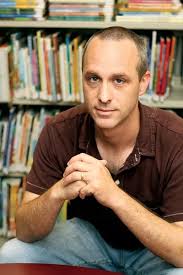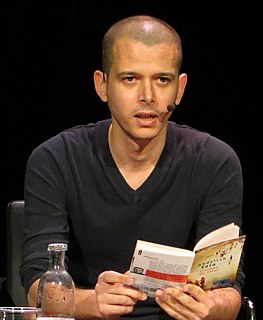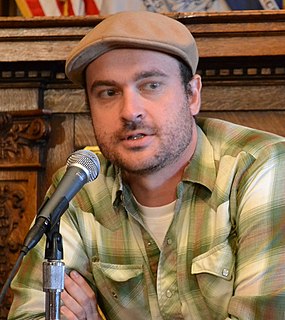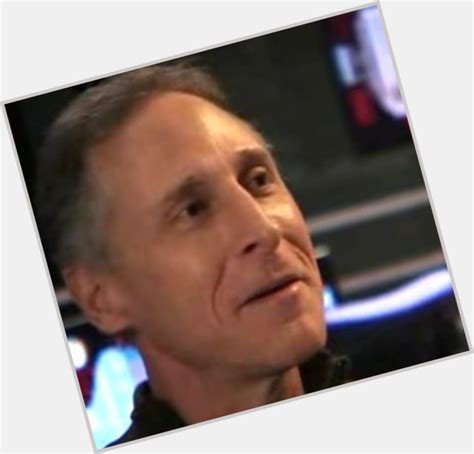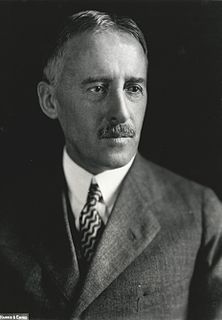A Quote by Trenton Lee Stewart
I think when I started to write The Mysterious Benedict Society that I had that kind of thing in mind - the notion of having to be able to solve puzzles and riddles because enormous stakes rode upon your ability to do that.
Related Quotes
I started to write because of my dream to become a filmmaker. I got to know about a film school in Paris and it was my goal to get there. To do that I knew I had to learn French. In order to practice I started to write journals in French. The effort I made to master what I regarded a bad thing - a language owned by the rich Moroccans - brought me the ability to write.
Puzzles are great because they're fun. But really we are drawn to puzzles because they can be solved. We love the idea of being able to put a puzzle together and it being complete: you do it perfectly, step away, and you've completed the job. There's a deep satisfaction from that, and I think we wish for the ability to do that with everything. But emotions just don't work that way, people don't work that way, relationships don't work that way.
The expression I use: Pain + Reality = Progress. Whenever I would have a painful mistake, I started to view that as puzzles that would give me gems if I could solve the puzzle. So, it made me thoughtful - what should I do differently next time? That was the puzzle. And the gem was some principle for handling the same thing when it came along again, and then I would write it down. And by writing it down and referring to it, and also being able to show it to other people so that we could agree that that was a good way of handling that thing - that was very, very powerful.
To salvage a society, it is necessary to aid, abet, raise and increase that state of mind. If you were to set up a perfect government out here which required the intervention of nobody, you would have destroyed the society. But by raising the individual ability of the persons in the society within the framework that they are able to view, raise their ability within the framework they are able to view, you would have achieved a marked advance for that society.
I feel that, you know, the enormous luck I've had in being able to make a living, and to never have had to have written one word that I didn't want to write, to be able to have satisfied that dictum I set for myself, which was not to work for pay, but to be paid for my work - just to be able to satisfy those standards that I set for myself has been an enormous privilege.
